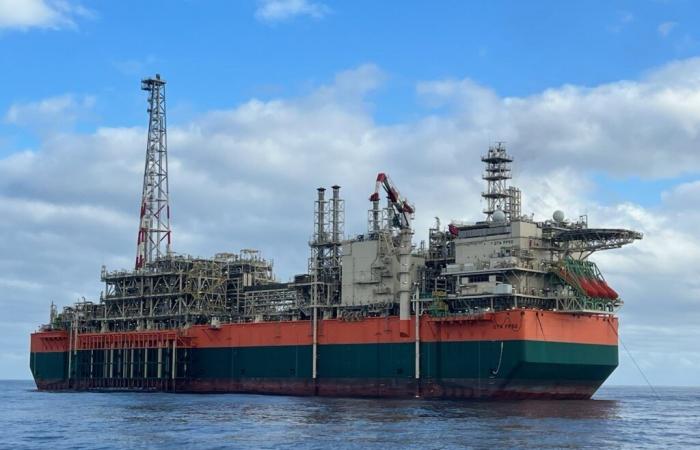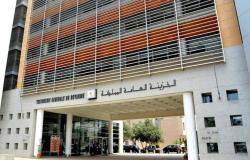British Petroleum (BP) announced this Thursday, January 2, that it had started transporting liquefied natural gas (LNG) from phase 1 of the Grand Tortue Ahmeyim (GTA) project to its floating production, storage and offloading (FPSO) vessel. According to the press release sent to PressAfrik, this step marks a major step forward for one of the deepest and most complex offshore gas projects in Africa.
“With resources located at depths of up to 2,850 meters, phase 1 of the GTA project forecasts an annual production of approximately 2.3 million tonnes of LNG. This volume is intended to meet global energy needs and support local energy demand in Mauritania and Senegal.”, indicates the document.
According to Gordon Birrell, Executive Vice President of Production and Operations at BP, “the first gas flow is a concrete example of meeting current global energy demand and reiterates our commitment to helping Mauritania and Senegal develop their natural resources”.
Dave Campbell, Senior Vice President for Mauritania and Senegal, also welcomed this development, saying: “With this milestone, Mauritania and Senegal are taking another major step towards an exciting new chapter as gas exporting countries. . »
A secure delivery process
The gas is transported to the FPSO, located 40 kilometers offshore, where it is treated to remove water, condensate and impurities. It is then transferred via a gas pipeline to a floating liquefaction vessel (FLNG), located 10 kilometers from the coast, where it is cooled, liquefied and stored before export.
“The GTA project has generated more than 3,000 local jobs and involves around 300 companies in Mauritania and Senegal. bp and its partners have also invested in a four-year apprentice technician training program and in social initiatives focused on health, education and local economic development,” the note reads.
Designated as a “project of strategic national importance” by the Mauritanian and Senegalese governments, GTA is led by BP with a direct participation of 56%, alongside Kosmos Energy (27%), PETROSEN (10%) and SMH (7%). %) The FPSO, capable of processing more than 14 million standard cubic meters of gas per day, and the FLNG vessel Gimi, operated by Golar LNG, play a key role in the delivery. and gas transformation.”






